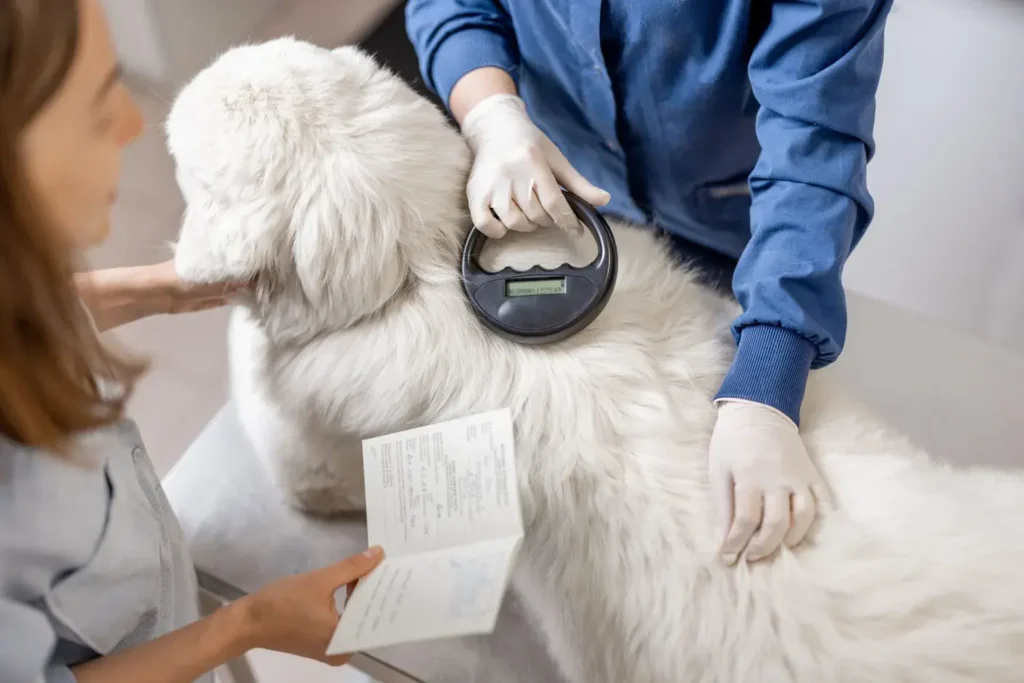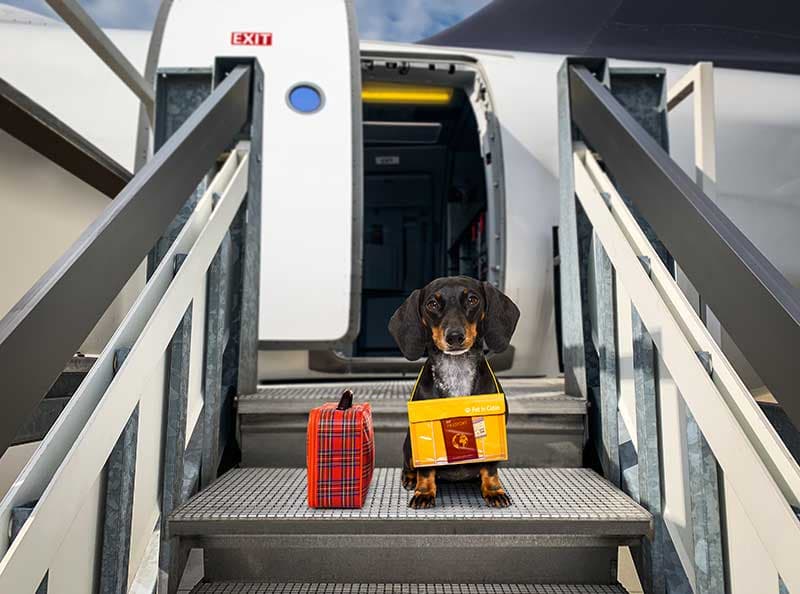What is a Pet Health Certificate?
Why Do You Need a Health Certificate for Your Pet?
Health certificates are often mandatory for traveling with pets to prevent the spread of diseases and ensure animal safety. Whether traveling domestically or internationally, most airlines and government authorities require this document. For international travel, the regulations can vary widely between countries. Some destinations also require additional certifications, such as rabies vaccination proof or quarantine documentation, to protect local ecosystems and public health.
Veterinary Requirements for Obtaining a Health Certificate
Obtaining a health certificate involves several steps:
- Preliminary Veterinary Exams: Your vet will perform a thorough examination to check your pet’s overall health.
- Vaccinations: Ensure your pet is up to date on required vaccinations, especially for rabies. Some countries may require additional vaccinations.
- Rabies Titer (FAVN) Testing: For certain international destinations, this test ensures your pet has adequate immunity against rabies.
- Additional Treatments: Depending on the destination, treatments for parasites or specific diseases may be necessary.
The Cost of Pet Health Certificates
The total cost of a health certificate depends on several factors:
- Veterinary Exam Fees: These range from $50 to $150, depending on the clinic.
- Vaccinations and Tests: Costs for vaccinations and tests can add $20 to $200 or more.
- USDA Endorsement Fees: For international travel, USDA endorsements may cost between $38 and $173.
- Additional Treatments: Extra treatments, such as deworming, may cost $10 to $50.
Preparing for Travel with Your Pet
Preparation is key to a stress-free travel experience:
- Understand Airline Requirements: Each airline has specific rules for pet travel, including carrier size, cabin policies, and required documents.
- Check Destination Requirements: Some countries have strict regulations, including quarantine periods or specific vaccinations.
- COVID-19 Guidelines: Ensure you’re aware of any temporary restrictions or additional requirements due to the pandemic.
Special Considerations for International Travel
Traveling internationally with your pet requires extra planning:
- USDA-Certified Veterinarians: Only veterinarians accredited by the USDA can issue international health certificates.
- Re-entry into the United States: Ensure your pet’s documentation is valid for both departure and return trips. Rabies vaccination certificates are essential for re-entry.
- Destination-Specific Rules: Some countries require advanced arrangements like microchipping or specific parasite treatments.
Emotional Support Animals vs. Service Animals
Understanding the distinction between emotional support animals (ESAs) and service animals is essential for travel:
- Service Animals: Trained to perform tasks for individuals with disabilities. Recognized by airlines and usually allowed to travel without additional fees.
- Emotional Support Animals: Provide comfort but are not trained for specific tasks. Many airlines have restricted ESAs from flying in the cabin without standard pet travel arrangements.
Tips for a Smooth Health Certification Process
- Prepare in Advance: Start the process at least a month before travel to avoid last-minute stress.
- Create a Checklist: Include all required documents, vaccinations, and tests.
- Ask Questions: Confirm all details with your vet and the airline to ensure compliance.
- Keep Copies: Carry both physical and digital copies of your pet’s health certificate and other documents.
Frequently Asked Questions about Pet Health Certificates
- How long is a health certificate valid?
- Most certificates are valid for 10 to 30 days, depending on the destination.
- Can all veterinarians issue health certificates?
- No, only licensed and accredited veterinarians can provide these certificates.
- What happens if my pet fails the exam?
- Your vet will recommend treatment or advise postponing travel until your pet meets the requirements.
Resources and Support for Pet Owners
If you’re unsure where to begin, consult trusted resources:
- Veterinary Clinics: Clinics like Ponderosa Veterinary Clinic provide comprehensive services for health certificates and travel consultations.
- Online Blogs: Many pet care blogs offer valuable insights into travel tips, senior pet care, and the benefits of pet insurance.
- Local Animal Agencies: Contact local USDA offices or animal health authorities for guidance on specific travel requirements.








